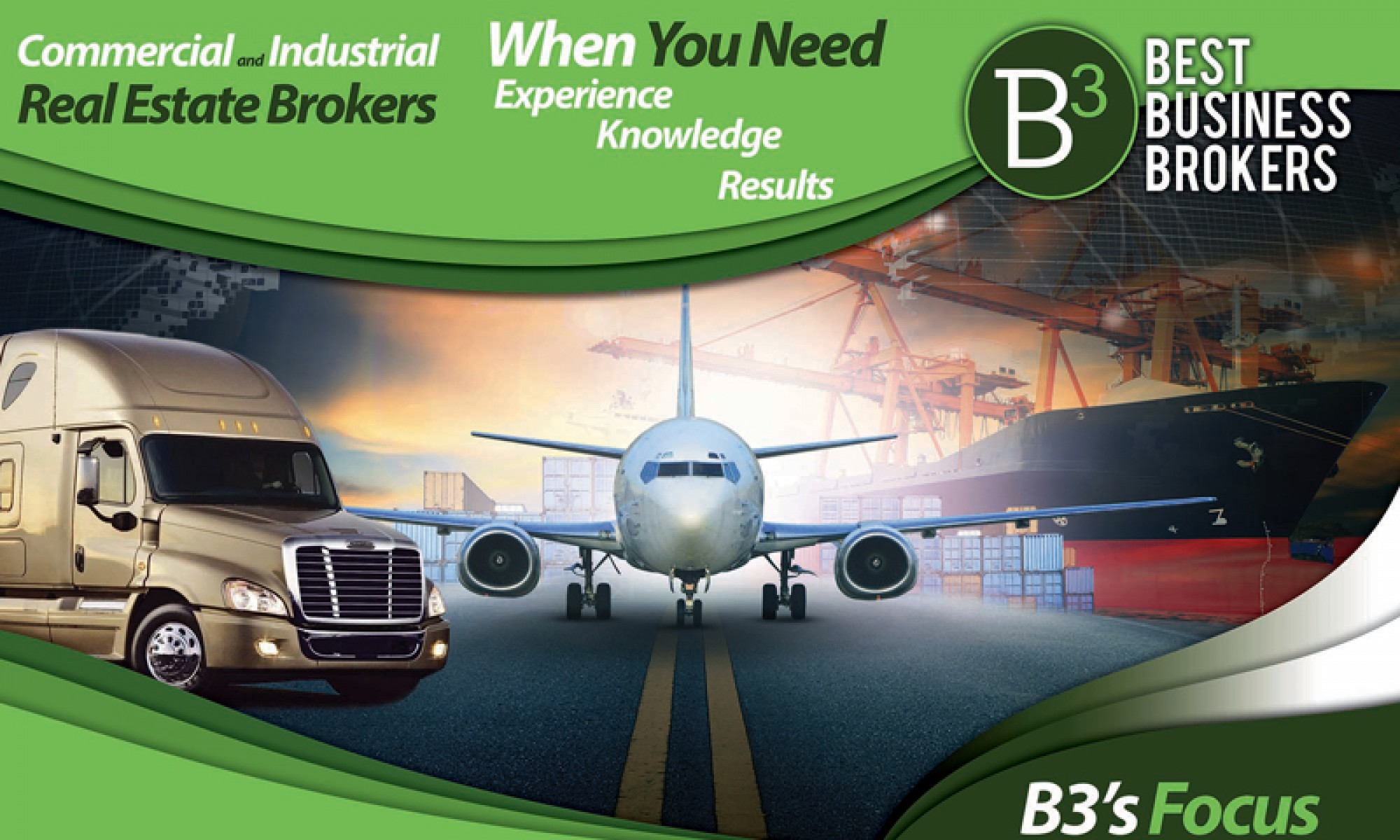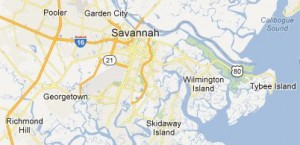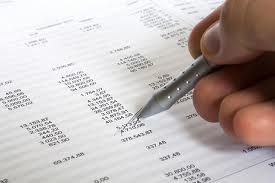Why Buy a Business That is Not Profitable
Buying a Marginally Profitable Business
I couldn’t decide what to call this blog post so I left both titles. You’ll probably only remember the one that relates to your situation anyway.
Have you been saying to yourself, “I want to own my own profitable business but I don’t have much money for a down payment”?
Dreaming of starting your own business, being your own boss? Afraid of the big sacrifice, the unknown that would include keeping your job? After all, starting a business is taking a big risk and you realize that you probably will be working without pay for a long time!
Well don’t give up hope just open your mind to considering some alternative possibilities.
Consider buying a marginally profitable or even currently unprofitable business. Sounds silly I know, but think it through. An existing business that has a history and assets would probably be much less difficult to borrow money for than a new start up. Having a known revenue stream from day one is a huge benefit.
Proving to yourself and a lender that you have the skills, experience and abilities to turn a marginal business into a viable, healthy profitable business is key. Your ability to make improvements in a certain period of time may be your biggest challenge.
A business that is not profitable at the moment, may still have considerable economic value. It may in fact be worth quite a bit of money to the right type of business buyer.
Marginally profitable and unprofitable businesses are bought and sold every day!
Who Buys Marginally Profitable Businesses?
Investor groups or larger companies looking to grow through acquisitions are typical types of buyers looking to capitalize on marginally profitable businesses. Such buyers are usually interested in the acquired company’s longer-term potential. They generally look beyond its immediate profit numbers.
Other types of buyers on the smaller scale are generally savvy business people and upper management professionals. These people have the skills and experience but lack the liquid capital needed to acquire larger or more profitable companies.
How Do Buyers Determine the Value of Marginally Profitable Businesses?

Different business valuation models and methods are commonly used by these groups for unprofitable businesses. Market Comparisons to similar established companies are excellent ways to estimate what a marginally profitable business would be worth.
Highly profitable businesses will bring much higher multiples of revenue than marginally profitable businesses. This much larger price tag position the businesses beyond the reach of many potential buyers.
Marginally profitable businesses generally have a much lower multiple resulting in a lower price point. The main thing to consider is, a marginally profitable business may still carry a much lower cost and risk than a new business start up. It is likely easier to get financing on an existing business than borrowing for a new business start up.
If I had to make a choice I would buy a marginally profitable business before starting a new business every time. Based on my own experiences, it is a better way to go!
I use the following methods to value a marginally profitable business that I’m interested in buying:
• Business selling price to gross revenues or net sales.
• Business selling price to business assets, such as total assets or tangible assets.
• Business selling price to book or market value of business equity.
I like brokering technology company deals. So, selling price to total assets is especially well suited for valuing a technology business that has both tangible and intangible assets. The intangible assets may include intellectual property, customer lists, valuable subscriptions and distribution rights, and the like.
If I am planning to re-capitalize a business or resell it to a well-funded buyer. The valuation multiples based on business revenues or asset base valuations are very useful.
In these situations using valuation multiples based on profitability, such as SDE (discretionary cash flow), EBITDA, or net income are not practical.
Income based valuation methods, are very well suited for valuing a business that is currently operating at a loss. Discounted Cashflow Method Valuations are valuations based on future income.
This is a well-known method that lets you calculate business value based on the company’s earnings forecast and risk assessment. Typical forecasts are done for 5 years, followed by the estimate of the business long-term (terminal) value.
Basing a business value on the long-term earnings outlook. All business valuations are forecasts, that is business value defined by the future business prospects. There is a number of things business people do that affect their business value.
A good example is a business owner who merges businesses that are losing money. The combined companies may enjoy advantages that drive profitability including: combining product lines, new markets, lower costs by combining operations, and much more.
A marginally profitable business can attract smart investors that bring not just money but considerable managerial skills to the table. These skilled managers may help the company develop new products and services, enter new markets, and turn their technology and know-how to profitable use.
Intelligent investors and managers may over time introduce operational changes that cut costs and improve efficiency. Often an excellent source of ideas is right under their noses disguised as long term employees.

So, when shopping to buy a business, I encourage you to not overlook a business that is marginally profitable or even currently operating in the red. This may be the best opportunity for you!




